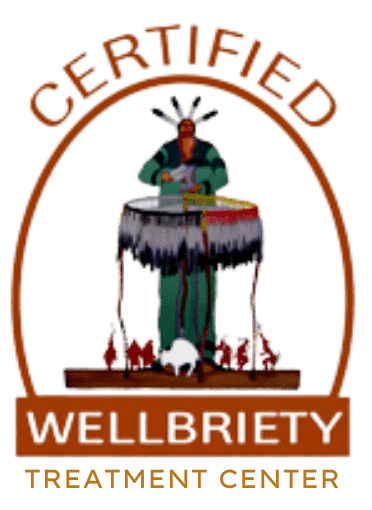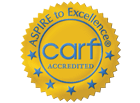Outpatient treatment is an essential part of recovery. One study by the National Institute on Drug Abuse found that people with at least one substance use disorder who enroll in an outpatient program have no less than a success rate of 80 percent. When recovering from a substance use disorder, continued support is important. Detoxification and inpatient treatment may not be enough on their own, and those with substance abuse issues may require additional care.
Outpatient treatment typically consists of a partial hospitalization program (PHP), an intensive outpatient program (IOP), and an outpatient program (OP). Program details vary by treatment center; PHP, for example, may be an inpatient program at some centers. In general, outpatient programs are more affordable than extended inpatient programs and support long-term recovery; following extensive inpatient treatment, an outpatient program can help you continue on your path to recovery.
Detox is pretty much just detox
A good detox facility will pair you with a therapist and give you ample opportunities to participate in group therapy sessions and/or 12 step meetings, but a lot of time spent in detox consists of medication management and rest. Though detox is the first step in recovery, it’s just the beginning of treatment for addiction and is more effective when followed by aftercare.
It provides structure and support
The “continuum of care,” a term commonly used in addiction rehabilitation, simply refers to the recovery trajectory. Detox is typically the first tier of care and is followed by some sort of inpatient program and aftercare programming (PHP, IOP, OP, and/or sober living).
After detoxing from substances, you may be unsure what your next steps should be. An outpatient program can provide the structure needed to keep you on track. Early recovery is a sensitive time of heightened emotions, and it’s especially important that you are able to manage what you are going through. An outpatient program will make a broad support network available to you; therapists, case managers, group facilitators, and your peers can become trusted people in whom you can confide and reach out to for help. Outpatient programs are also more likely than inpatient program to incorporate the support of your family and friends in some way.
Scheduled therapy sessions, medical appointments, and meetings, as well as help with things like medication management/prescription fulfillment, provide everyday structure and occupy guests’ time with constructive activities and engagements.
Outpatient programming prepares you for the real world
Inpatient programs are an excellent follow-up to detox, which makes them useful in early recovery, but they don’t give a realistic representation of post-treatment life. They are often residential-style, “closed” environments that keep guests separated from everyday triggers and drugs/alcohol. This helps guests to maintain their sobriety early on, essential when first tapering off from substances, but resilience in recovery comes from learning how to handle real-life situations.
Outpatient programs generally teach a different set of skills than do the groups held in inpatient— skills that are designed to give you the tools you need to succeed and build a life free of substances. Outpatient groups often focus on topics like healthy relationships, emotion and stress management, self-worth, sober motivation, sustainable coping mechanisms, and employment/life skills and can help bridge the gap between ideation and action when it comes to living sober.
After completing medical detox and residential inpatient at our center in Sumner, RLC at Puget Sound, guests step down to aftercare at Royal Life Centers at Sound. We offer a structured, three-phase, nine-week outpatient program (PHP and IOP), as well as OP and sober living. Our unique approach to therapy is designed to treat all types of substance use disorders while accommodating each guest’s individuality and special circumstances. Please reach out to us at (877)-RECOVER at any time for help or with any questions.















